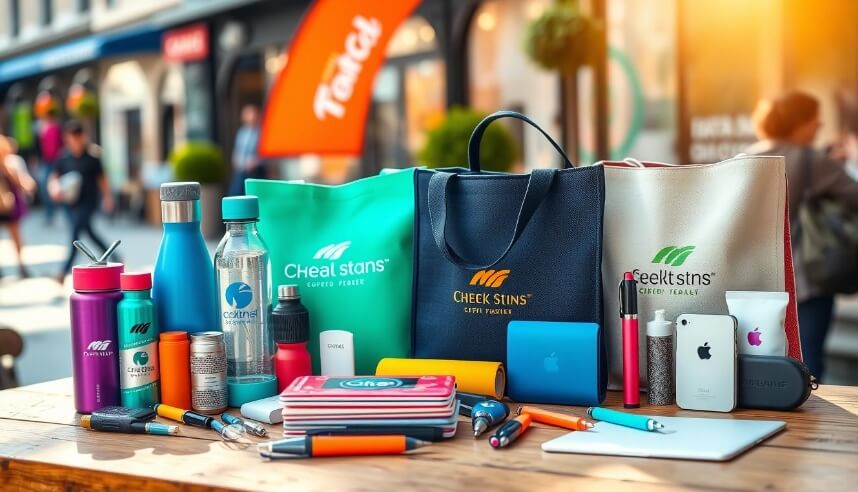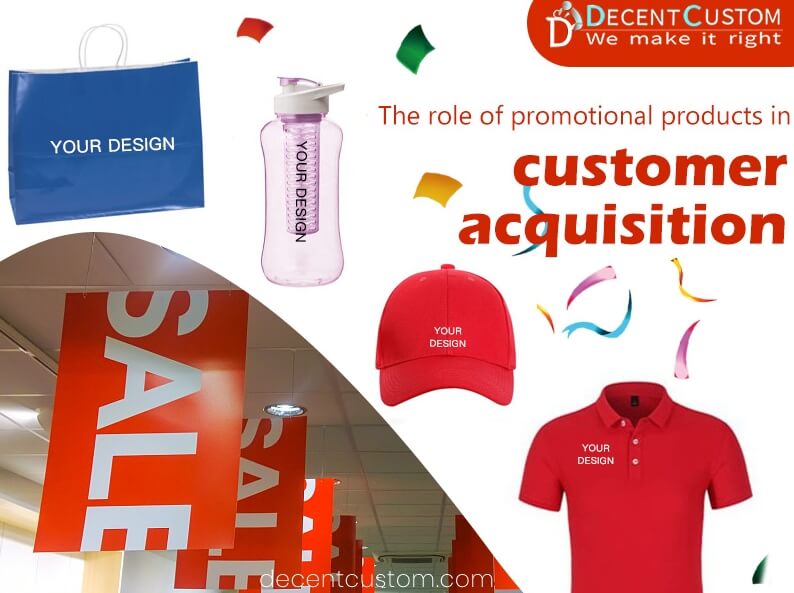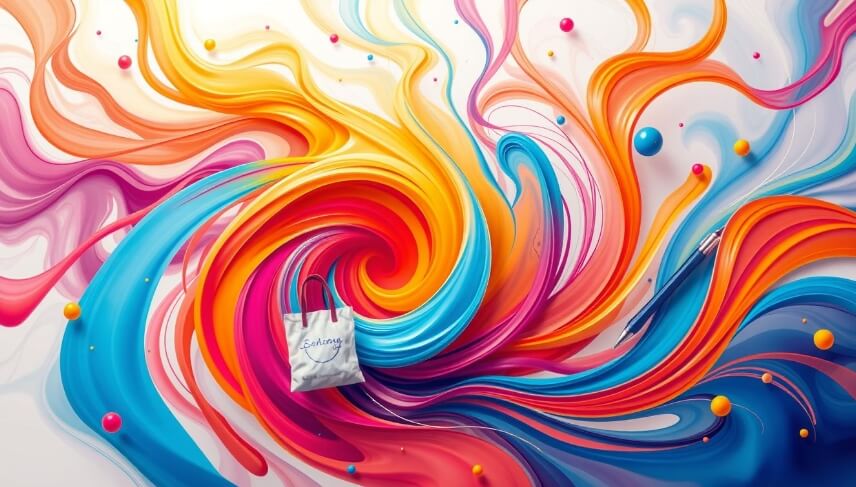The Role of Promotional Products in Customer Acquisition
Have you ever noticed how a small, branded item can suddenly become part of your daily life? Whether it’s a pen from your local bank or a tote bag from a conference, these items do more than just take up space—they serve as powerful marketing tools. Promotional products have a unique way of making brands memorable, and in today’s competitive market, they’ve become an essential strategy for acquiring new customers.
The Power of Promotional Products
According to the Promotional Products Association International (PPAI), 80% of consumers own at least one promotional product. This statistic alone speaks volumes about how widespread and effective branded items are. But what makes these products so compelling?
It’s all about the personal connection. I once attended a conference where Decentcustom.com handed out custom coffee mugs. At first glance, it seemed like just another freebie. But people held onto those mugs for months, carrying them everywhere and unknowingly turning themselves into walking advertisements. It wasn’t just the mug; it was the sense that the brand had thought about something functional and relevant for its audience. This simple action created a long-lasting emotional bond between the brand and its potential customers.
Why Promotional Products Work
Promotional items go beyond being mere giveaways. They engage customers on a deeper level, invoking psychological principles like reciprocity, where people feel compelled to give back when they receive something, even if it’s just a branded pen. PPAI’s research also reveals that 89% of consumers remember the advertiser of a promotional product they received in the past two years. This shows how powerful these items are for long-term brand recall.
They also provide cost-effective advertising. Items like t-shirts, hats, and coffee mugs generate thousands of impressions at a fraction of the cost compared to traditional forms of advertising. For instance, a single branded bag can generate over 5,700 impressions in its lifetime, reaching a far broader audience than you might expect.

The Psychological Triggers
Ever noticed how a gift feels more meaningful than a simple discount? This is where psychological triggers like the endowment effect and reciprocity come into play. Receiving a physical item, especially one that has real utility, makes people feel a sense of ownership, increasing the likelihood that they’ll associate positively with your brand. These emotional connections translate into long-term loyalty, a factor more valuable than any single sale.
Brands can also tap into the power of exclusivity. Imagine receiving a limited-edition, eco-friendly tote bag from a company committed to sustainability. Not only does it connect with consumers’ values, but it also makes them feel like they are part of something special—something not everyone has. This kind of connection builds both loyalty and advocacy.
Real Data, Real Impact
Here’s where the data gets fascinating: 56% of consumers say they feel more favorable towards a brand after receiving a promotional product, and 85% remember the advertiser. When you think about the sheer volume of marketing messages people encounter daily, this is a big win for brands.
Studies also show that 73% of people are more likely to purchase from a brand that gave them a promotional item. Why? Because it builds trust. It’s a small token that says, “Hey, we care about you,” and that feeling is invaluable in fostering customer acquisition.
Leveraging Utility and Daily Use
One of the biggest advantages of promotional products is their daily utility. Unlike a TV commercial or a social media ad, which you’ll forget within minutes, a branded mug or logo USB drive stays with you. It becomes part of your routine, continuously reminding you of the brand in a subtle, non-intrusive way.
Take drinkware, for example. 63% of people hold onto branded drinkware for over a year, providing ongoing exposure and keeping the brand top of mind. The longer someone uses a product, the more ingrained the brand becomes in their life.
The Role of Consumer Behavior in Promotional Marketing
To win customers, you need to understand them—how they think, how they make decisions, and what motivates them to choose one brand over another. Promotional products tap into basic consumer behavior principles, like the desire to feel valued and the need for reciprocity.
For example, when customers receive a thoughtful gift, it’s not just the item itself but the gesture that creates an emotional connection. And as we all know, emotions drive decisions. People are more likely to buy from brands they feel emotionally connected to, making promotional products a powerful tool in the battle for consumer loyalty.
Choosing the Right Promotional Products
Not all promotional products are created equal. It’s essential to choose items that align with your brand’s values and appeal to your target audience. If your brand is eco-conscious, choose items like reusable tote bags or water bottles. If your audience is tech-savvy, go for useful gadgets like USB drives or phone stands.
Decentcustom.com, for instance, specializes in customizable products that cater to diverse audiences, ensuring that whatever item you choose, reflects your brand’s unique identity.
Cost-Effectiveness and ROI
When it comes to cost-per-impression, promotional products are hard to beat. Many items, such as branded pens or coffee mugs, offer an incredibly low cost-per-impression—sometimes as little as 1/10 of a cent. This makes them an extremely efficient advertising tool, especially for small businesses looking to make a big impact without breaking the bank.
Promotional products also provide excellent ROI. For instance, 52% of people say they are more likely to recommend a brand after receiving a branded item, further proving that these products aren’t just for awareness—they inspire action and advocacy.
Conclusion: The Lasting Value of Promotional Products
Promotional products are far more than just freebies—they’re a strategic investment in customer acquisition and brand loyalty. From building emotional connections to offering daily utility, they provide a long-term impact that few other marketing methods can achieve. With 85% of consumers remembering who gave them a branded item, it’s clear that promotional products are a powerful marketing tool that can significantly enhance your brand’s visibility, trust, and success.
If you’re not using promotional products as part of your marketing strategy, it’s time to reconsider. They’re cost-effective, and memorable, and they create a personal connection that digital ads simply can’t match. In a world where attention is the most valuable currency, promotional products offer a smart, lasting way to keep your brand top of mind.

